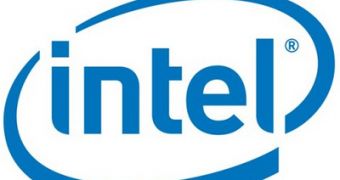Not long ago, Microsoft definitely caused some ripples by announcing that Windows 8 would support the ARM architecture, and it seems that Intel is not as concerned about this new development as some may have expected.
For quite a few years, Microsoft's Windows operating system had support for x86 CPUs but not those based on the ARM architecture.
Now, however, ARM CPUs are no longer restricted to the mobile phone and handset market, as proven by the many tablets released at CES 2011.
With platforms like the Tegra 2 from NVIDIA or Qualcomm's Snapdragon, slates have come out in force, running Android.
No doubt wanting to ensure that it could still keep a hold of this booming segment, Windows recently decided to include ARM support in its next Windows version, Windows 8.
Inevitably, some began to wonder what this meant for the makers of x86 CPUs now that their so-called monopoly is about to be broken.
Apparently, Intel is not as concerned as one may have expected, or at least did not let it show if it was.
"The Windows CE today, the Windows phone applications today all run on ARM and only on ARM, so what they are saying is for the tablet version and the phone version they are going to support ARM for Windows 8,” stated Paul Otellini, chief executive officer of Intel, in a response to inquiries made by Fox Business Network.
“What I am excited about is that Windows 8 will also support Intel down into the other devices. Today we do not have an opportunity to sell into Microsoft-based phones and Microsoft-based tablets."
Basically, Intel will just have to take measures towards keeping its firm hold over the notebook and desktop markets.
Since its chips are getting more power efficient while ARM's get more powerful than previous generations, the Santa Clara, California-based chip giant will just have to make sure its processors stay well ahead of the competition in terms of might.

 14 DAY TRIAL //
14 DAY TRIAL //